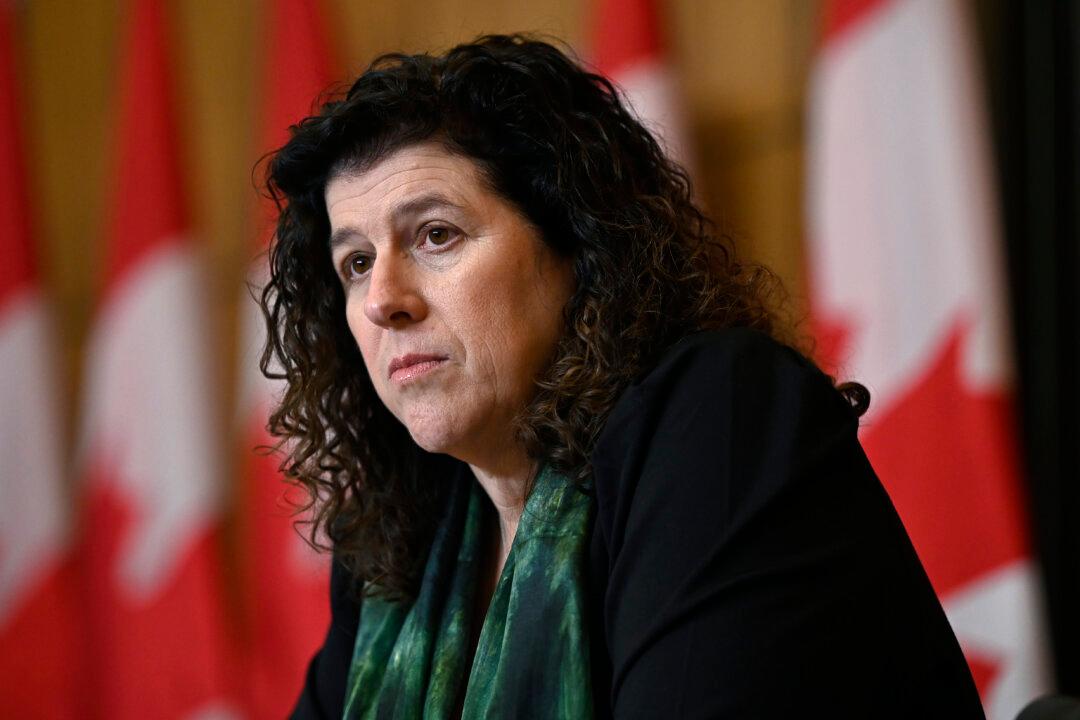The Auditor General’s long-awaited report on the ArriveCan application has found several government agencies did not follow proper management and contracting practices when it came to the app’s development, and that key records around the development processes and financial decisions were missing.
“Overall, this audit shows a glaring disregard for basic management and contracting practices throughout ArriveCan’s development and implementation,” Auditor General Karen Hogan told MPs on the public accounts committee on Feb. 12.





